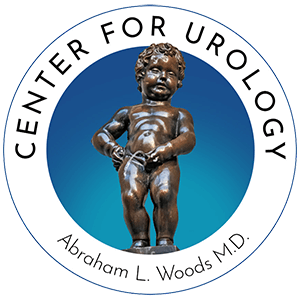
These develop when part of your abdominal tissue pushes through the muscles in your lower abdomen wall because of weakness there. As it turns out, this breakdown is relatively common, especially in men. Roughly 27% of men and 3% of women will deal with this type of hernia at some point in their life.
Fortunately, Abraham Woods, MD, can help. At the Center for Urology in Altamonte Springs, Florida, he offers surgical repair for inguinal hernias. With a small incision, he can put the abdominal tissue back where it should be. He may also reinforce your abdominal wall with a specialized mesh to prevent the hernia from coming back.
This surgery helps you reset. But you might be wondering what to expect afterward. If so, you’ve come to the right place. Here’s your hernia repair recovery guide.
The first few days after inguinal hernia surgery
In some cases, Dr. Woods can perform hernia repair as an outpatient procedure, meaning you can go home the same day. Even if you need to stay overnight, you should be able to head home the day after your procedure.
It’s normal to feel fatigued and sore in the first few days after your surgery. Plan to take it easy at home. Have someone at home with you to help you out.
Dr. Woods may send you home with an abdominal binder to wear as you recover. Don’t skip this step. This elastic bandage helps your tissues heal in the proper position, giving you the best long-term outcome from your hernia repair.
Don’t drive or consume alcohol for a few days after surgery. You should also plan to skip showers for the first couple of days and refrain from baths for a couple of weeks.
Your recovery timeline
Refrain from strenuous activity, including sex, for at least a week after surgery. Do not lift heavy objects or do anything else that strains your abdominal muscles.
Dr. Woods tells you when it’s safe for you to resume specific activities. He may recommend that you walk a little bit each day, adding more distance as you heal. Make sure to follow his directions to support your recovery process.
You’ll probably feel some soreness and have some bruising around your surgery site for several weeks afterward. You might also feel a pulling sensation when you move in specific ways. This is normal. If you have excess pain or notice other symptoms, though, talk with us.
In the first few weeks, you might want to use your hand to apply gentle pressure to your surgical site when you cough, sneeze, stand up, or sit down. This can ease any discomfort you feel.
Ultimately, hernia repair helps you get your body back to normal, but it does come with a few weeks of recovery. To learn more, call the Center for Urology or book a visit with Dr. Woods online.
